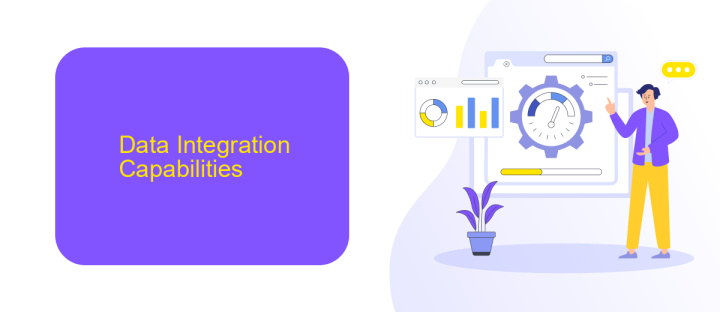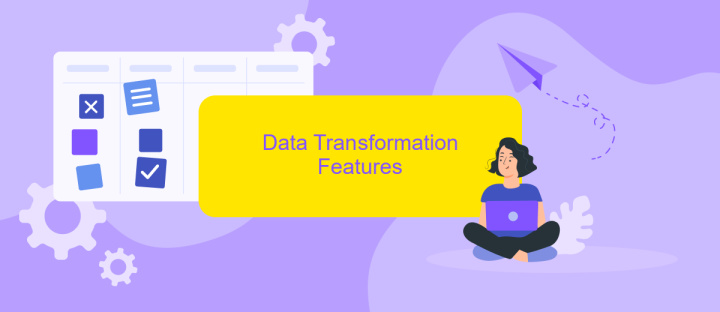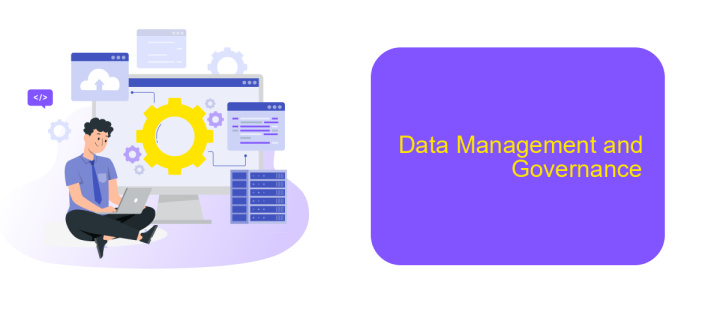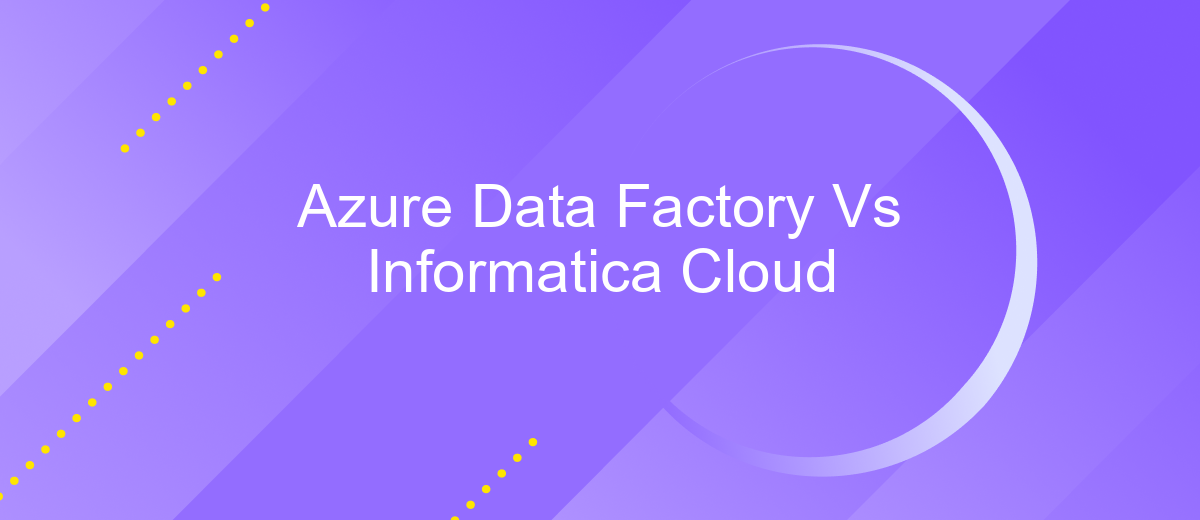Azure Data Factory Vs Informatica Cloud
In today's data-driven world, selecting the right data integration tool is crucial for businesses to thrive. Azure Data Factory and Informatica Cloud are two leading solutions that offer robust features for data management and transformation. This article delves into a comprehensive comparison of these platforms, examining their capabilities, ease of use, and overall effectiveness to help you make an informed decision.
Introduction
In the rapidly evolving world of data integration and management, choosing the right platform is crucial for businesses aiming to streamline operations and enhance data-driven decision-making. Azure Data Factory and Informatica Cloud are two leading solutions that offer robust capabilities for data integration, transformation, and orchestration. Both platforms are designed to handle complex data workflows, yet they cater to different needs and preferences.
- Azure Data Factory: A cloud-based data integration service from Microsoft, ideal for creating, scheduling, and orchestrating data workflows across various data sources.
- Informatica Cloud: A comprehensive data management solution that provides tools for data integration, data quality, and data governance, suitable for a wide range of industries.
Understanding the key features, strengths, and limitations of each platform is essential for making an informed decision. This comparison will delve into various aspects such as ease of use, scalability, integration capabilities, and cost-effectiveness. Additionally, we'll explore how services like ApiX-Drive can complement these platforms by offering seamless integration solutions, further enhancing their functionality and efficiency.
Data Integration Capabilities

Azure Data Factory and Informatica Cloud both offer robust data integration capabilities, catering to diverse business needs. Azure Data Factory excels in integrating various data sources, providing seamless data movement and transformation across on-premises and cloud environments. It supports a wide range of connectors, enabling users to effortlessly integrate data from multiple sources, including databases, SaaS applications, and big data stores. Additionally, its intuitive interface and built-in monitoring tools make it easier to manage and orchestrate data workflows.
Informatica Cloud, on the other hand, is renowned for its comprehensive data integration features and user-friendly interface. It offers extensive support for complex data transformations and advanced data quality services. With its vast library of pre-built connectors, Informatica Cloud simplifies the integration process, allowing users to connect to various data sources with minimal effort. Moreover, services like ApiX-Drive can further enhance data integration capabilities by automating workflows and synchronizing data between different platforms, ensuring consistent and accurate data across the organization.
Data Transformation Features

Azure Data Factory and Informatica Cloud both offer robust data transformation capabilities, essential for modern data integration and ETL processes. Each platform provides unique features that cater to different business needs and technical requirements.
- Azure Data Factory: This service offers a wide range of built-in connectors and transformation activities. It supports data flows for complex data transformations and integrates seamlessly with other Azure services. The graphical interface and code-free transformations make it accessible for users with varying technical expertise.
- Informatica Cloud: Known for its extensive data integration capabilities, Informatica Cloud provides advanced data transformation tools. It supports data quality transformations, data masking, and complex data mappings. The platform also offers AI-driven insights to optimize data transformations and improve data quality.
Both platforms excel in their own right, but the choice between them depends on specific project needs, existing infrastructure, and user expertise. For those looking for an easy integration setup, services like ApiX-Drive can be considered to streamline the process and enhance overall efficiency.
Data Management and Governance

Effective data management and governance are crucial for ensuring the reliability, security, and compliance of data pipelines. Azure Data Factory (ADF) offers robust features for managing and governing data, including data lineage, auditing, and monitoring capabilities. These features help organizations track data movement, ensure data integrity, and comply with regulatory requirements.
Informatica Cloud also provides comprehensive data management and governance functionalities. With its advanced data quality tools, metadata management, and data masking features, Informatica Cloud ensures that data is accurate, secure, and compliant with industry standards. Its built-in data governance framework helps organizations maintain control over their data assets.
- Data lineage tracking
- Auditing and monitoring
- Data quality and metadata management
- Data masking and security features
Both Azure Data Factory and Informatica Cloud excel in data management and governance, but their approaches and tools may vary. For organizations looking to integrate various services seamlessly, tools like ApiX-Drive can be beneficial. ApiX-Drive simplifies the integration process, allowing businesses to connect different platforms and automate data workflows efficiently, enhancing overall data management and governance.
Pricing and Licensing
Azure Data Factory operates on a pay-as-you-go pricing model, which means you only pay for what you use. This includes costs for data pipeline orchestration, data movement, and data flow execution. The pricing can vary based on the region, the amount of data processed, and the complexity of the operations. This flexible pricing structure allows businesses to scale their usage according to their needs without incurring unnecessary expenses.
Informatica Cloud, on the other hand, offers subscription-based pricing. This model typically involves a fixed monthly or annual fee based on the chosen plan, which includes a certain number of integration tasks, data volume, and additional features. While this can provide predictability in budgeting, it may not be as flexible for businesses with fluctuating data integration needs. Both platforms offer robust capabilities, but the choice between them may depend on your specific budgetary requirements and usage patterns.
FAQ
What are the key differences between Azure Data Factory and Informatica Cloud?
Which platform is more suitable for large-scale data transformation tasks?
Can both platforms handle real-time data integration?
How do these platforms support automation and integration with other services?
Which platform is more cost-effective for small to medium-sized businesses?
Time is the most valuable resource for business today. Almost half of it is wasted on routine tasks. Your employees are constantly forced to perform monotonous tasks that are difficult to classify as important and specialized. You can leave everything as it is by hiring additional employees, or you can automate most of the business processes using the ApiX-Drive online connector to get rid of unnecessary time and money expenses once and for all. The choice is yours!

